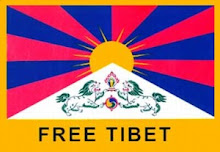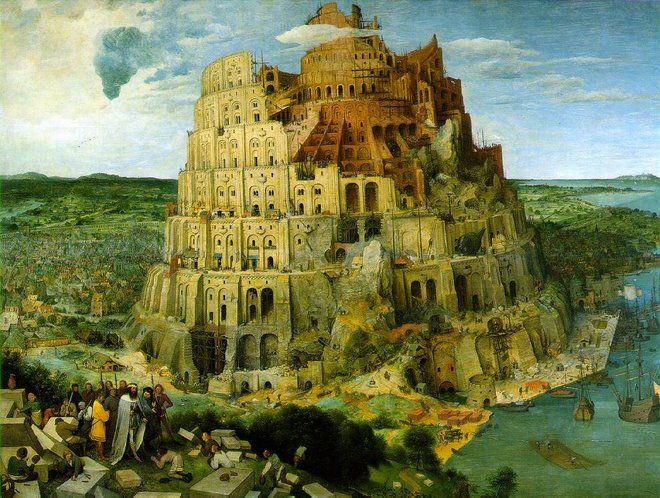 «Born and educated in Beirut, Fayrouz (alternative spellings: Fairuz, Fairouz, Feyrouz, Feiruz) began her musical career as a chorus member at the Lebanese Radio Station. In the late 1950s her talent as a singer became fully acknowledged. Met with unprecedented enthusiasm, Fayrouz's early songs featured the singer's distinct vocal timbre and lyrics expressing romantic love and nostalgia for village life. They meshed with a delicate orchestral blend in which certain Arab instruments figured prominently but which also subtly incorporated European instruments and European popular dance rythms.
«Born and educated in Beirut, Fayrouz (alternative spellings: Fairuz, Fairouz, Feyrouz, Feiruz) began her musical career as a chorus member at the Lebanese Radio Station. In the late 1950s her talent as a singer became fully acknowledged. Met with unprecedented enthusiasm, Fayrouz's early songs featured the singer's distinct vocal timbre and lyrics expressing romantic love and nostalgia for village life. They meshed with a delicate orchestral blend in which certain Arab instruments figured prominently but which also subtly incorporated European instruments and European popular dance rythms.She also sometimes sang adaptations Arab folk tunes. By the early 1960s Fayrouz was already one of the main attractions of the annual Baalbeck Festivals and a celebrety not only in Lebanon but throughout the Arab world. The dissemination of hundreds of songs, many musical plays and several films had widened her audience to include Arabs living in Europe and the Americas.
During most of her singing career, Fayrouz was part of a three-member team which included the two Rahbani brothers. Generally, her lyrics were written by Mansour Rahbani, and the tunes were composed and arranged by his brother 'Assi, Fayrouz's former husband. Fayrouz's songs owe a great deal to the musical and poetic genius of these two Lebanese artists. In recent years they have also reflected the composing talent of Ziad Rahbani, Fayrouz's son. In addition, they testify to Fayrouz's broad musical background, which encompasses Christian liturgical forms as well as the secular traditions of Arab music.
The Fayrouz-Rahbani legacy is a peculiarly twentieth-century cultural phenomenon. During the early postwar decades, most urban communities in the Arab world underwent rapid expansion, partly because of an influx of population from the rural areas. The city of Beirut in particular had absorbed a substantial number of people whose ethnic and social roots went back to various Lebanese villages, especially those in the mountainous regions of central and northern Lebanon. Politically and socially influential, this segment provided fertile ground for the rise of a new artistic tradition - music, dance, poetry, fashions, handicrafts - whose context was unmistakably urban but whose ration was folk and rural.» (alMasriq, from Fairouz: legend and Legacy – click for much more about Fairouz)
Official Site: http://fairuzonline.com/
Link in comments











6 comments:
http://sharebee.com/7674db48
thanks you as always.
my friend was just telling me i would love her.
t
Thanks for this - and for others I you recommended buy which I forgot to thank you for.
Please keep the blog going. You have some really interesting and unusual music here which I would otherwise have never heard of.
one of the best Arab singers thank you
sorry but is this the link
http://sharebee.com/7674db48
it's not working
I absolutely match with your post.
Post a Comment